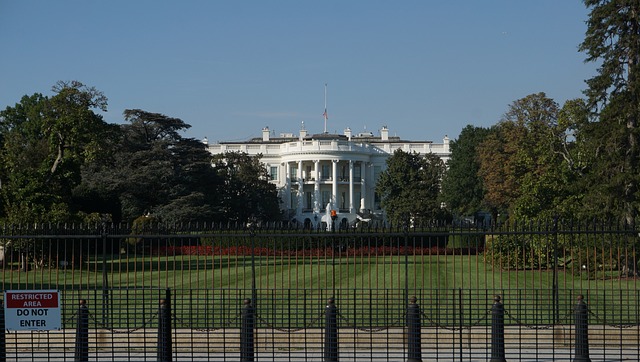US Secret Service: Official Statement on the Investigation of a Substance Found in the White House
WASHINGTON – On the evening of July 2, officers from the U.S. Secret Service Uniformed Division found an unknown substance inside a vestibule leading to the lobby area of the West Executive Avenue entrance to the White House.
The substance was located inside a receptacle used to temporarily store electronic and personal devices prior to entering the West Wing.
Following the discovery, safety closures were implemented around the White House. This response was designed to ensure that the found substance was not a chemical or radiological material that threatened the security of the White House. As such, the substance was field tested and preliminarily determined to not be a hazardous compound.
Testing conducted by the District of Columbia Fire and Emergency Medical Services Department indicated that the found powder tested preliminarily positive for the presence of cocaine. The substance and packaging were treated as evidence and sent to the U.S. Department of Homeland Security’s National Biodefense Analysis and Countermeasures Center, which analyzed the item for any biothreats. Tests conducted at this facility came back negative and gave formal confirmation that the substance was not biological in nature.
The substance and packaging underwent further forensic testing. The substance was analyzed for its chemical composition. The packaging was subjected to advanced fingerprint and DNA analysis. Both of these analyses were conducted by the Federal Bureau of Investigation’s crime laboratory given their expertise in this area and independence from the investigation.
While awaiting the FBl’s results, the Secret Service investigation into how this item entered the White House continued. The investigation included a methodical review of security systems and protocols. This review included a backwards examination that spanned several days prior to the discovery of the substance and developed an index of several hundred individuals who may have accessed the area where the substance was found. The focal point of these actions developed a pool of known persons for comparison of forensic evidence gleaned from the FBI’s analysis of the substance’s packaging.
On July 12, the Secret Service received the FBI’s laboratory results, which did not develop latent fingerprints and insufficient DNA was present for investigative comparisons. Therefore, the Secret Service is not able to compare evidence against the known pool of individuals. The FBl’s evaluation of the substance also confirmed that it was cocaine.
There was no surveillance video footage found that provided investigative leads or any other means for investigators to identify who may have deposited the found substance in this area. Without physical evidence, the investigation will not be able to single out a person of interest from the hundreds of individuals who passed through the vestibule where the cocaine was discovered. At this time, the Secret Service’s investigation is closed due to a lack of physical evidence.
The U.S. Secret Service takes its mission to protect U.S. leaders, facilities, and events seriously and we are constantly adapting to meet the needs of the current and future security environment.

